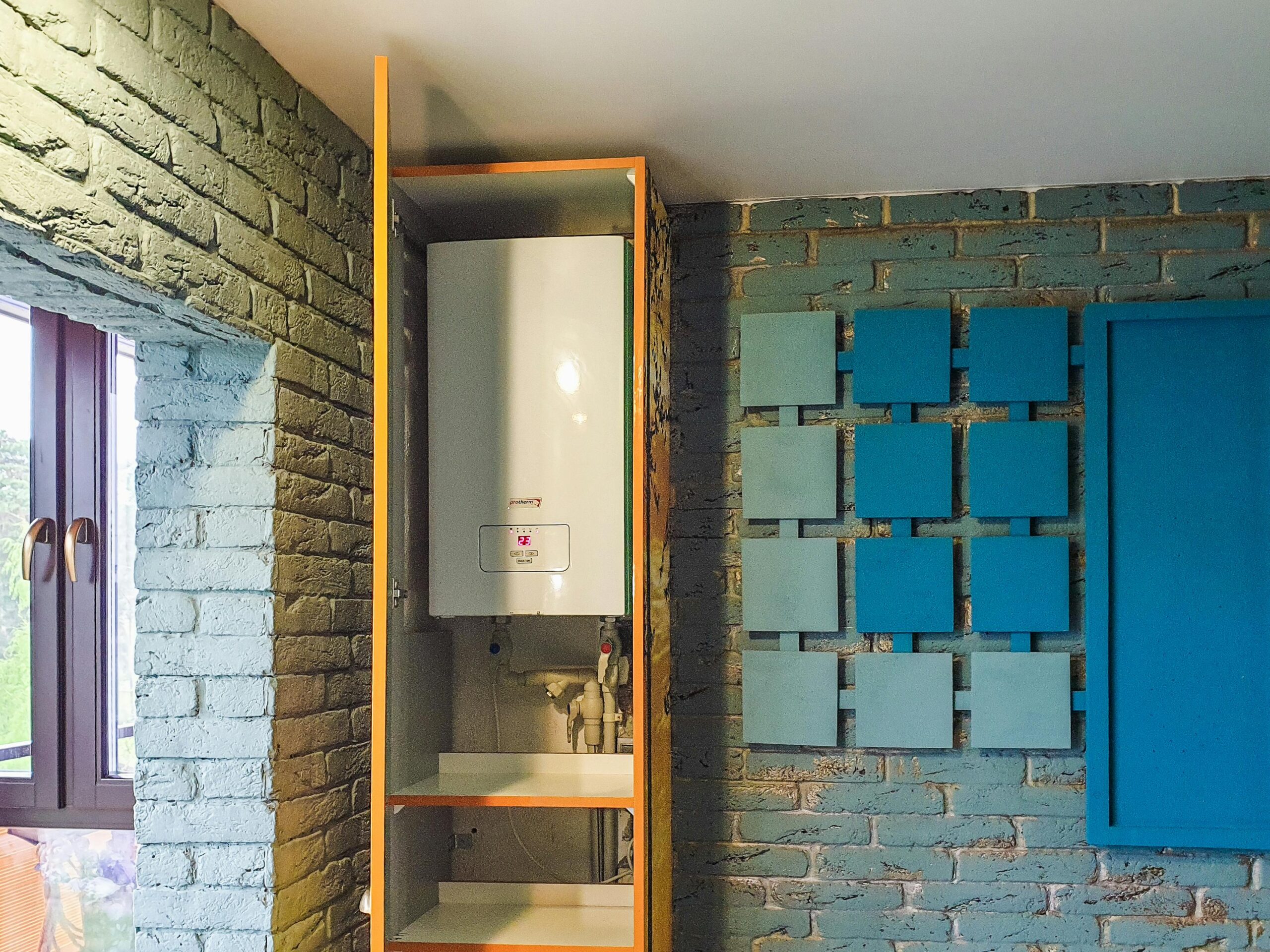Has a mysterious rumbling sound emanated from your water heater lately? Perhaps it is becoming a distraction or causing concern about the longevity of your unit. Unravel the enigma of rumbling water heaters by gaining knowledge about the causes and solutions of this phenomenon. The ensuing guide will explore this subject thoroughly.
The Sound Behind the Rumble
No, your water heater has not developed a voice of its own. The rumbling you hear might be due to sediment build-up inside the tank. Over time, minerals present in hard water settle at the bottom and transform into stubborn layers of lime scale. This sediment acts as an insulant, making your heater work overtime and leading to unwanted noise. For more insights on the potential issues related to heating systems, follow this link for details.
Sediment Formation Process
Sediment formation starts with hard water entering your heater. As it gets heated, minerals precipitate out and rapidly build up at the bottom of the tank. This process accelerates further when trapped steam bubbles push their way upwards through the hardening sediment layer, causing intense vibration or “rumbling.”
Potential Damage
Ignored over time, this issue can seriously shorten the lifespan of your heater. The unnecessary strain it puts on the heating elements can significantly deteriorate them faster, leading to costly repairs if not outright replacement.
Recognizing Signs
Besides rumbling sounds, lookout for other tell-tale signs such as irregular water temperature, slow heating time, discoloration in hot water or inefficient operation overall as indicators of sediment build-up.
Regular Maintenance Importance
Routine maintenance is paramount in preventing such issues from escalating. Flushing your water tank annually will help to remove sediment and preserve the functionality of your heater.
DIY Tank Flushing
If you have a little DIY spirit, try this simple process: turn off the power supply (or gas), attach a hose to the drain valve, open said valve, and let water drain out until it runs clear.
Professional Tank Cleaning Services
If DIY is not for you, or if your heater has succumbed majorly to sediment impacts, professional tank cleaning services would be the best recourse. Certified plumbers inspect and clean your tank thoroughly, ensuring optimal operation after servicing.
Install a Water Softener
To prevent future sediment formation, consider installing a water softener in your home. It significantly reduces the hardness of water entering your tank and thus prevents limescale build up.
Tankless Water Heaters -An Alternative
Inherently prone to sediment formation, traditional heaters with storage tanks are becoming démodé. Conversely, tankless water heaters directly heat incoming water when needed, averting potential mineral deposits, saving energy and providing hot water on demand efficiently.
Old Age Can Be A Factor
Age could also factor into your heater’s rumbling issue. As it ages beyond its useful life (about 10-15 years usually), numerous problems can surface including increased operational noise. In such cases replacing the unit is often advisable.
Identifying Other Plumbing Issues
Sometimes the culprit behind rumbling may not be sediment but other plumbing issues like faulty valves or leaking pipes. It is therefore crucial to diagnose it correctly before taking any remedial actions.
Cost-Benefit Analysis
Rome was not built in a day, nor will your water heater troubles disappear overnight. Assess the cost-effectiveness of repair vs replacement, based on the device’s age, condition and repair history. A replacement might save more money in the long run than continuous repairs.
A Quiet Expectation
Now that you are better equipped with information to diagnose and solve your water heater rumbling issues, expect a more peaceful home environment. Remember that the key to a quiet, efficient and long-lasting system is timely maintenance, prompt addressing of issues and making smart decisions.
